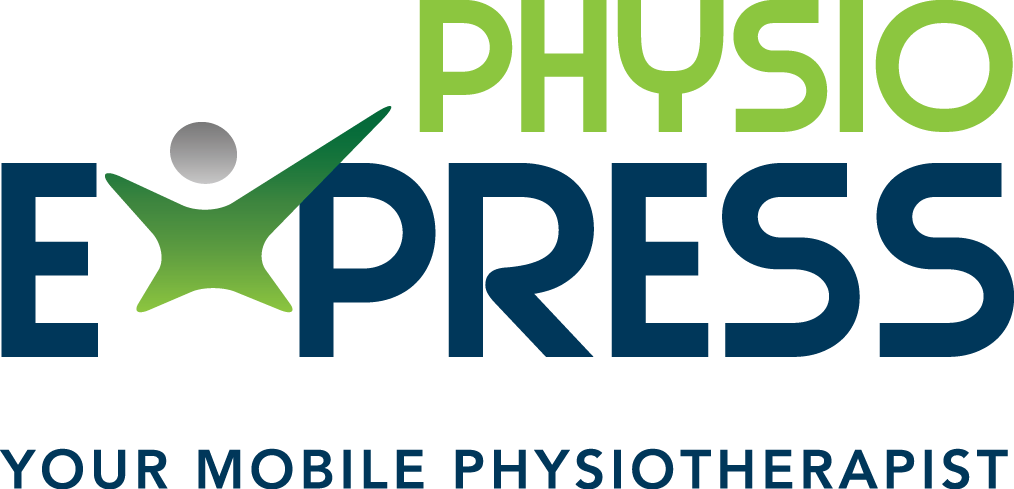The Benefits of Home Visits for Physiotherapy and Occupational Therapy
Living with a neurological condition can profoundly impact a person's mobility, independence, and quality of life. Conditions such as stroke, Parkinson’s disease, multiple sclerosis, or traumatic brain injury often require long-term rehabilitation and support. While clinical settings provide essential care, bringing therapy directly into the community or home environment offers unique and powerful advantages—both for the client and the healthcare system.
This is where community visits by physiotherapists (PTs) and occupational therapists (OTs) shine.
WHY COMMUNITY-BASED THERAPY MATTERS
Neurological conditions rarely affect just one part of life. They influence how a person moves, thinks, interacts with their environment, and performs everyday tasks. Rehabilitation in a real-world context helps bridge the gap between clinical progress and functional independence.
Here are the key benefits of community visits by PTs and OTs:
1. PERSONALIZED, CONTEXT-DRIVEN INTERVENTIONS
One of the most significant advantages of home or community-based visits is that therapists can assess and intervene within the client’s actual environment. Instead of simulated tasks in a clinic, therapists can:
Help clients navigate their own kitchens, stairs, or gardens.
Recommend modifications based on real household layouts.
Incorporate familiar daily routines into therapy goals.
This leads to more relevant and effective interventions tailored specifically to each individual's life.
2. ENHANCED CLIENT ENGAGEMENT AND COMFORT
Being treated in a familiar space can reduce anxiety and build trust. Clients are often more relaxed and motivated when they're in their own home or neighborhood. This comfort fosters stronger therapeutic relationships and may improve adherence to treatment plans.
Additionally, our therapists can engage family members or caregivers more easily during community visits, enhancing support systems and care continuity.
3. REAL-TIME PROBLEM SOLVING
Physiotherapists and occupational therapists can identify and address real-world barriers as they arise:
Are doorways too narrow for a walker?
Is the shower unsafe without a grab bar?
Is the client struggling to shop or use public transport?
These practical insights are critical to functional recovery and long-term safety.
4. PROMOTING INDEPENDENCE AND PARTICIPATION
Neurological conditions often limit participation in meaningful activities. Community visits allow therapists to help clients re-engage with their community, whether that means:
Walking safely to a local café,
Rejoining a community center activity,
Or learning to use public transportation again.
Returning to sport
This kind of support is empowering, reinforcing independence and self-worth.
5. REDUCING HOSPITAL READMISSIONS AND LONG-TERM COSTS
Studies show that community-based rehabilitation can lead to:
Fewer falls and complications,
Improved recovery outcomes,
And ultimately, fewer hospital readmissions.
Early and consistent intervention in the home reduces strain on acute care services and supports more sustainable healthcare delivery.
HOME AND COMMUNITY VISITS AT physio express
Physiotherapists and occupational therapists at Neuro Junction play a pivotal role in supporting clients with neurological conditions to regain function, dignity, and independence. When care is brought into the community, its impact is amplified—because it meets people where they are, both literally and figuratively.
As healthcare continues to evolve toward person-centered models, community-based therapy is not just a convenience—it’s a critical component of comprehensive neurological care.
See more about our home-visit services here: HOME VISITS.
Please join us in our fight to stop the NDIS cuts to therapeutic support travel fees which may impact our ability to provide these vital services. Sign the petition here



